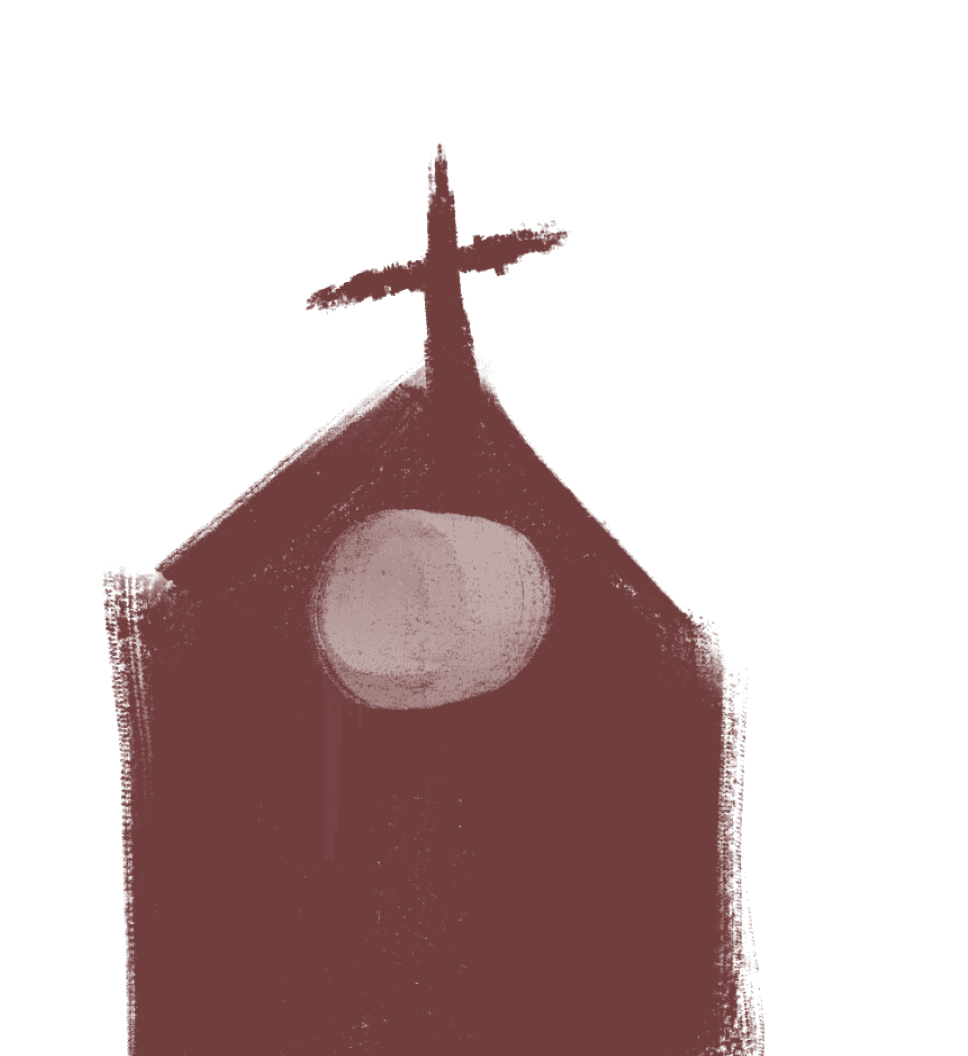




Rizal quotes Cicero frequently in
Noli Me Tangere. Cicero was a
Roman statesman known for
his writings on philosophy
and politics.
Padre Salvi is compared to Actaeon as he spies on young women. In Ovid’s Metamorphoses, Actaeon is turned into a deer after stumbling into the goddess Diana while she is bathing.
Cicero
Acteon
Rizal wrote in a style similar to his contemporary
authors, often making references to classical
literature or mythology.

Literature



Some of the birds mentioned in Noli Me Tangere - many of them can be found in Laguna!
Animals
During the nineteenth century, clothing was heavily influenced by Spanish sensibilities. Western clothing was the dress code for formal events. However, for everyday wear, people wore hybrid ensembles and clothes
were made with local fabrics like pińa and jusi.


Hover to compare it with European clothing!
Clothing
The Missing Chapter

Dishes
Rizal features some iconic Filipino
dishes in Noli Me Tangere.








Though Noli Me Tangere is a fictional novel, Rizal
uses real locations in the Philippines
as settings for the story.
Locations
STORY
Did You Know?
The World of Noli Me Tangere
During Rizal’s time, the Philippines was a colony of Spain. Corruption, discrimination, and abuse of power was rampant in the colonial government. Filipinos were not treated as citizens with equal rights.
In the 1800s, the wealthier Filipinos could now afford to send their sons to Europe to study. This new generation referred to themselves as “Ilustrados.” In the West, they were openly exposed to ideas like human rights and liberty. They started the Propaganda movement, which aimed to liberate the Philippines.
This was the world that Jose Rizal lived in. In Noli Me Tangere, he portrays these issues and criticizes the colonial government and the Church for condoning discrimination and corruption.
Timeline
Summary
Crisostomo Ibarra returns to the Philippines after seven years of studying abroad. He reunites with his fiancée, Maria Clara, and returns to his hometown of San Diego.
Ibarra tries his best to enact progressive changes in San Diego, but is faced with criticism from Padre Damaso. He also meets Elias, who warns Ibarra of a plot against him. Meanwhile, Basilio’s younger brother Crispin vanishes because of the sinister Padre Salvi.
Sisa, distraught over the loss of her son Crispin, grows mentally unstable. Maria Clara learns of a grave secret that forces her to betray Ibarra, who has been accused of inciting a rebellion against the government. However, Elias helps Ibarra escape.







